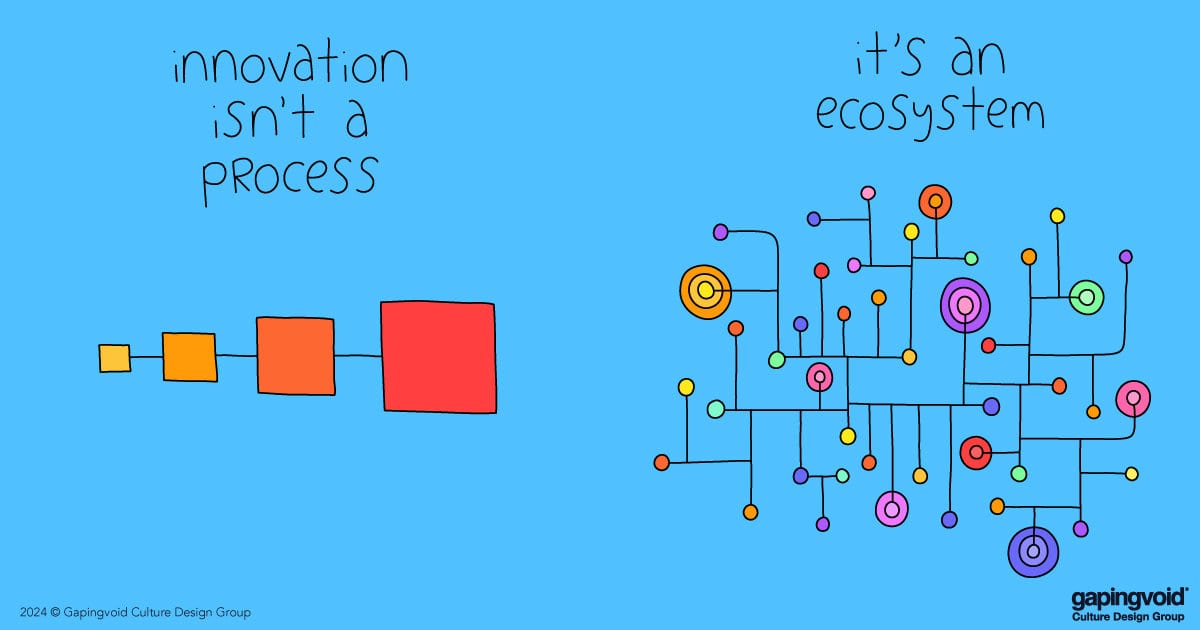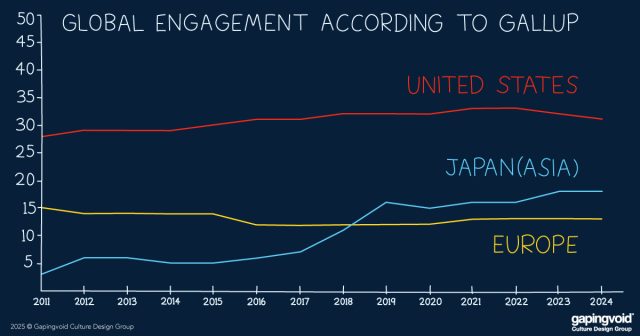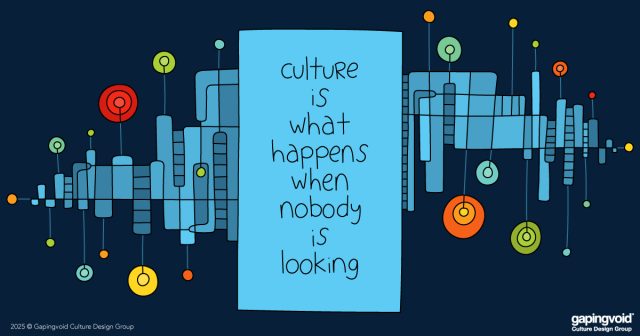
Back in November, Econtalk’s Russ Roberts did a great podcast interview with the MIT Research Head, Andrew McAfee, to talk about his new book, “The Geek Way: The Radical Mindset That Drives Extraordinary Results.”
This book came out of McAfee trying to answer a simple question: Why are certain Silicon Valley companies so often able to get results vastly superior to most other companies outside that tiny geographical pocket in Northern California?
McAfee concluded that it wasn’t their well-known access to tech (surprisingly). Nor was it having more access to resources, capital or talent. Big companies tend to have plenty of that.
His conclusion was it’s because of the culture. The area’s distinct culture is Silicon Valley’s killer app. He calls this particular culture “The Geek Way,” hence the book’s title.
And what does this “Geek Way” look like?
Call it “OSSO,” from McAfee’s definition consisting of “openness, speed, science, and ownership.”
I. Openness: High trust, high transparency, and holding people not only accountable, but to very high standards. Slackers, shirkers, backstabbers, and second-raters are not accepted into the inner circle.
II. Speed: The ability to iterate, to turn on the dime, without having to get endless permissions before one can proceed.
III. Ideas: Having concepts that stand up to rigorous scrutiny, that are not just implemented because the highest paid person in the room said so.
IV. Ownership: An environment where people feel personally connected to the task at hand and don’t do things because somebody else barked an order.
McAfee cites the work of Harvard evolutionary biologist, Joe Henrich, who is known for the term, “cultural evolution.” What Henrich says is that culture is a combination of beliefs, techniques, practices, heuristics that you acquire over time from the people around you.” Not unlike how we think about Culture Science.
As McAfee points out, culture goes beyond what you believe, “It’s how you get stuff done.” It’s not about making people happy or the core values you hang on your walls, culture is a management system. The DNA of your company.
And it’s evolutionary and designable.
As we’ve written extensively, humans are social copying machines. We do it better than any other species.
This is both the good news and the bad news because evolutionary behavior can be very hard to change.
If you’ve spent the last couple of decades turning your company into a bloated, inefficient den of vipers, you’re going to have hell of time turning the ship around.
The good news is, it can be done. But you have to mean it.



